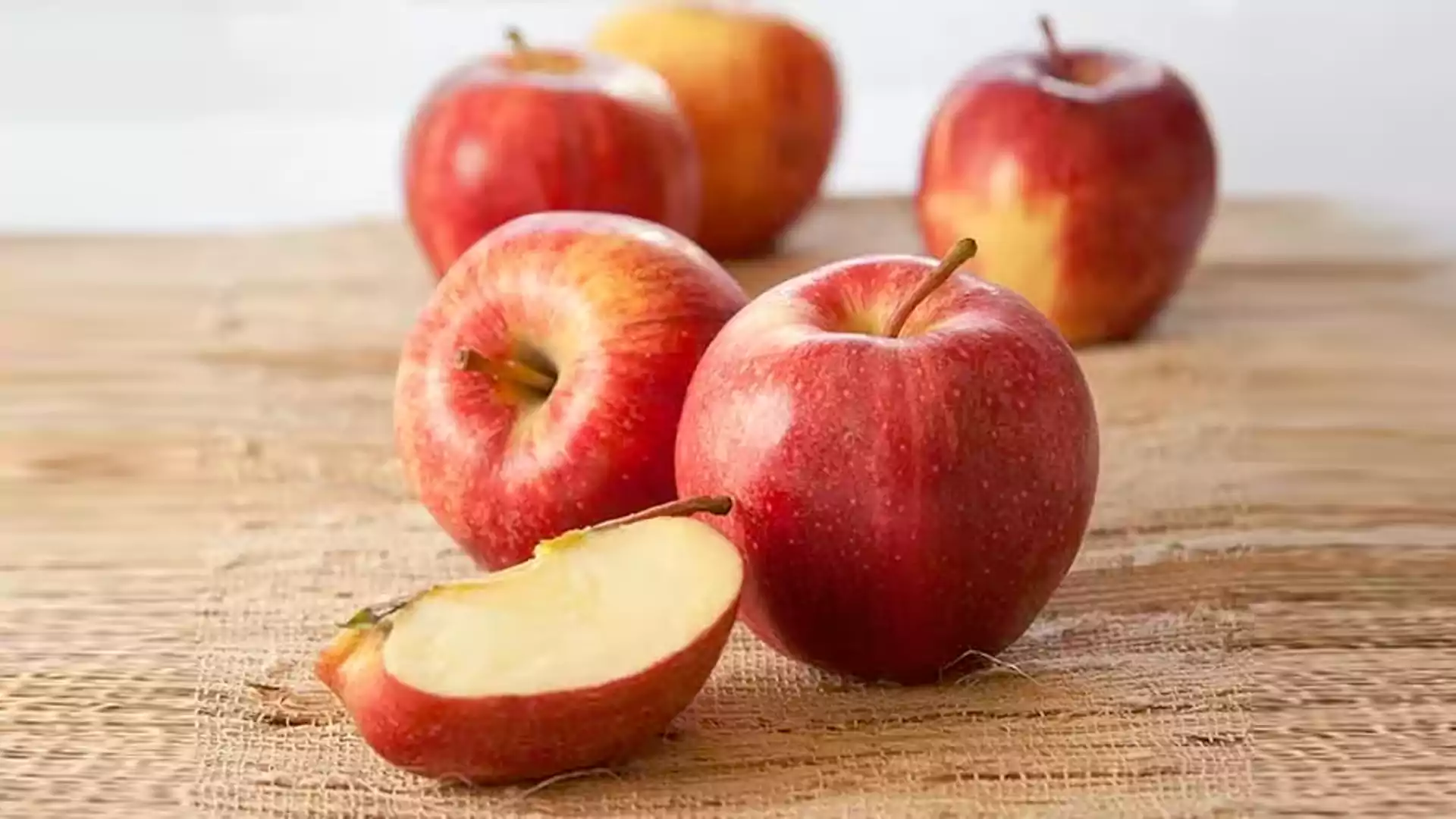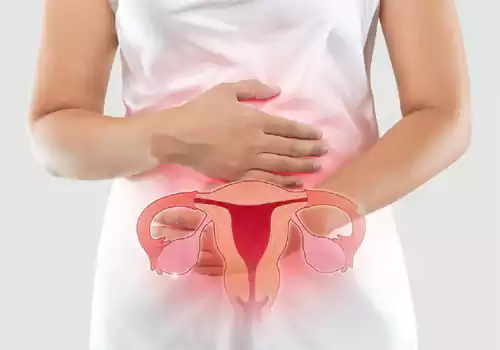5 Things you need to know about Fibroids
.png)
Dr. Elizabeth A. Stewart, a professor of obstetrics and gynecology at the Mayo Clinic, is an internationally renowned expert on fibroids and is on the board of the nonprofit Fibroid Foundation, an education and advocacy group and has done extensive research on uterine fibroids.“Women have been reluctant to talk too much about fibroids, ” Dr. Steward said. “It is a sensitive topic. No one likes to get into graphic details of how her life is made miserable by menstrual bleeding.”
The disease traditionally has gotten short shrift because of this social reticence, she says, and because it affects women of all races. Dr. Stewart says every women with the problem should know these five things.
1. Fibroids won’t kill you. They are not malignant, and it is exceedingly rare for fibroid cells to show any signs of becoming a precursor to cancer. Even though some fibroids can grow to be huge — the size of a grapefruit or football — they remain benign tumors.
2. Not all fibroids need to be treated. Fibroids are very common, and many women are able to conceive, bear healthy children and live out their lives free of symptoms.
3. Fibroids generally shrink on their own during menopause, and symptoms tend to subside then too. If you can make it to menopause without surgery or other treatment for your fibroids, the odds are you’ll never need surgery.
4. Fibroids tend to be more prevalent, and more severe, among older women. They develop earlier, grow bigger and cause worse symptoms as you grow older. Not all Fibroids require treatment.
5. Fibroids are a common cause of heavy menstrual bleeding. If you have long menstrual periods with heavy bleeding, see your doctor to rule out fibroids.
Source:“Uterine Fibroids: The Complete Guide” (Johns Hopkins University Press, 2007)




